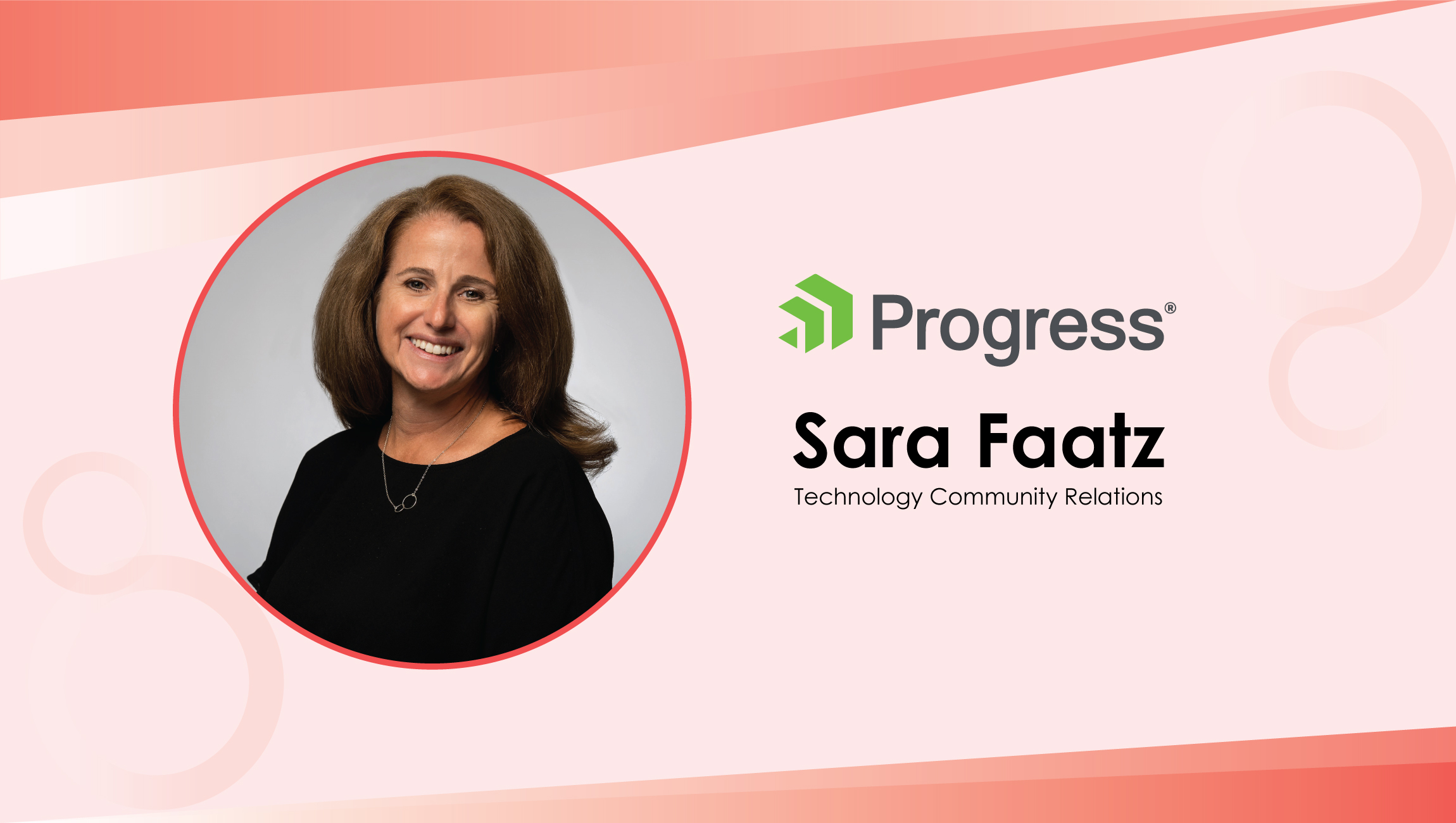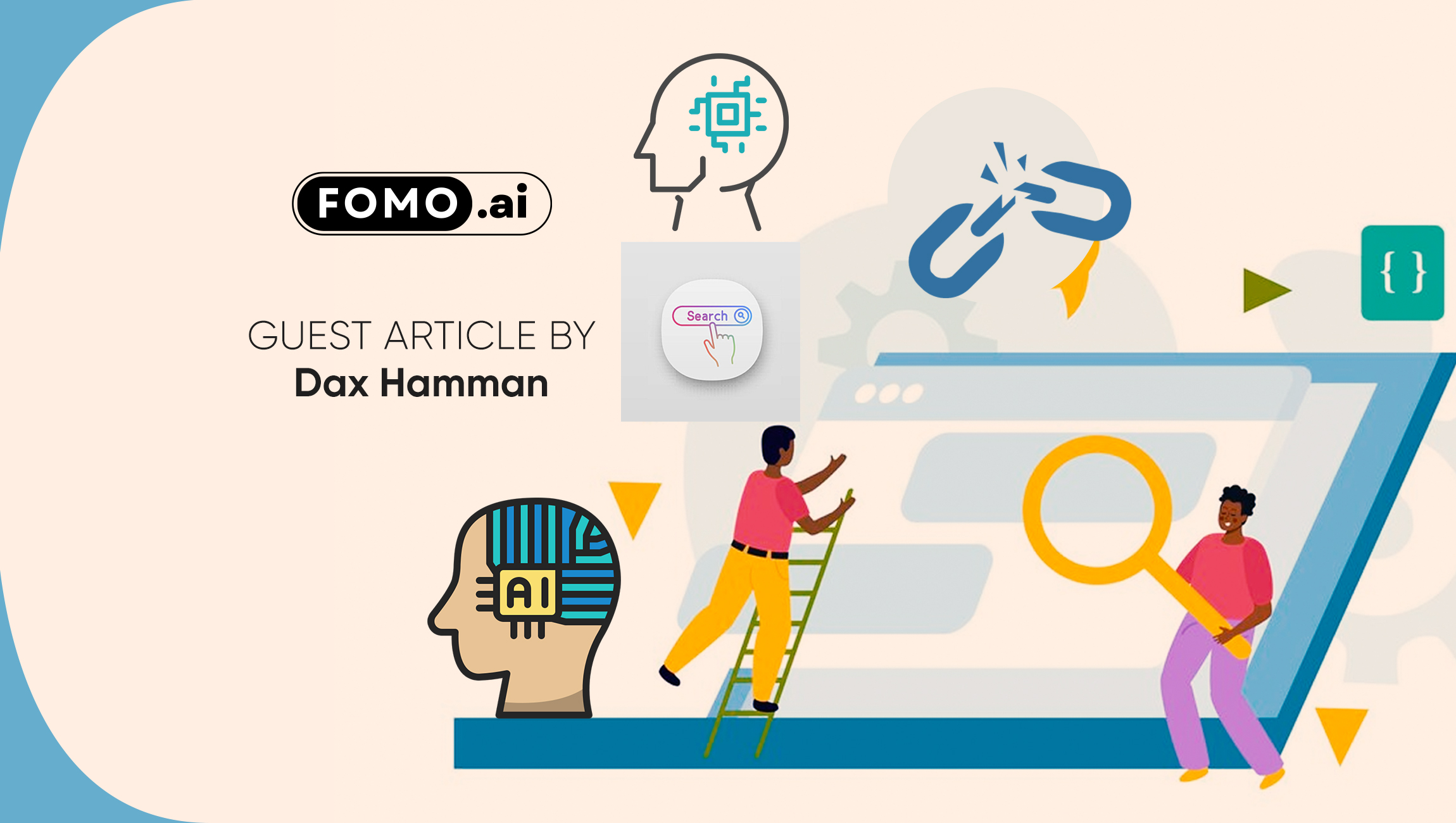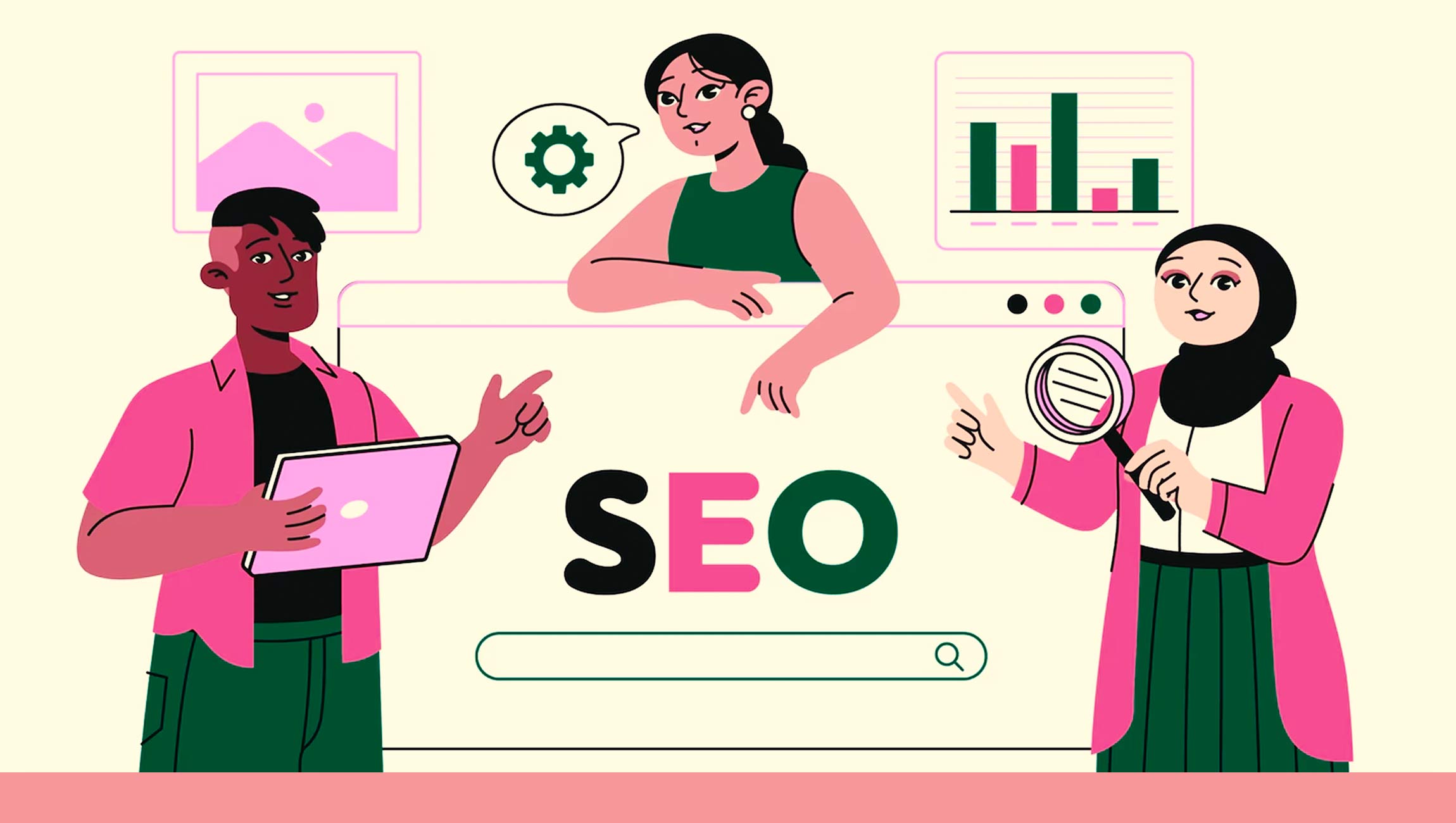Sara Faatz, Technology Community Relations at Progress shares more about their latest Progress® Sitefinity Insight® CDP and how it empowers modern B2B marketers in this martech chat:
__________
Hi Sara, tell us about yourself and your role at Progress
I am Sara Faatz and I lead the Technology Community Relations team for the Digital Experience business unit at Progress. In all, Progress products help organizations to develop, deploy and manage responsible AI-powered applications and experiences. The Digital Experience portfolio of products empowers organizations to achieve transformational success and longevity in the face of disruptive change. Our human-centered, AI-powered products—such as Progress® Sitefinity® CMS—are designed to enable customers to harness digital channels to reinvent business processes and customer interactions, building the agility to succeed in a changing world. My team is responsible for community engagement, content creation and general owned awareness.
We’d love to hear about Progress Sitefinity Insight and what differentiates it?
Progress® Sitefinity Insight® CDP is designed to empower marketers to understand their customers’ behavior and personalize with precision. It is a multi-tenant SaaS analytics system that collects data from various sources, merges user interaction histories and provides data-driven insights and recommendations to optimize the customer experience. The latest release of the product introduced AI-powered features including Propensity Scoring. This automatically identifies high/medium/low segments for each conversion and helps to refine audience segmentation and activate users with a high likelihood to convert via targeted messaging and campaigns. We also released streamlined rules management for persona and lead scores, data export option enhancements, automatic tracking of outbound clicks and improvements to the chatbot-based Insightful Assistant. All these combined contributed to the CDP Institute calling our offering unique and stating that “Mission-critical parts of Sitefinity Insight are built with mature and proven best practices components making Sitefinity Insight one of the strongest CDP offerings for CMS and the web.”
Marketing Technology News: MarTech Interview with Rochelle Thielen CEO @ Traject Data
What about today’s CDP ecosystem piques your interest the most?
So many things, really. The depth of the ecosystem itself, AI and composability all rank at the top. If you think about it—if content is King, then arguably data is Queen—and together they can rule the world, LOL. Giving martech leaders options for specialized CDP solutions that are AI-powered and are either composable themselves or can be used in a broader composable stack, what’s not to be excited about?
Depth of the Ecosystem: I don’t need to tell you—the CDP space is massive. So large, in fact, that I recently attended a talk delivered by Martin Kihn, SVP Strategy, Salesforce, where he posed the question – is the category so broad that it is dead (spoiler alert—the answer is “no.”). What the explosion of CDP tools has done, however, is provide a whole host of specialized solutions. This means that savvy martech leaders can implement the right CDP(s) for their business needs. Implementing more than one doesn’t come without risks. But the fact that you can select the right solution by use case is huge.
Composability: Composability is not a new concept in the software space. Basically, it means building a larger solution by connecting multiple products through APIs and other integrations. Scott Brinker has a beautiful chart that highlights the different degrees of composability—composed stacks, composable platforms & products and composed creations. To me, the topic of composability in martech (whether you are talking about stacks, platforms & products or creations) is really exciting. Utilizing and/or building truly composable systems will allow marketers control of their customer experience, making it unique to their business and providing greater long-term value. I think we are going to continue to see movement in the CDP space around composability.
AI: I would be remiss to not mention AI as something that piques my interest. As I shared earlier, we have found (and continue to develop) new and interesting ways to leverage AI to better target and personalize. And I think there is so much more to build and discover. AI itself is not new, however, the democratization of GenAI has accelerated what is possible.
What future thoughts do you have on the growth of CDPs and their place within the overall martech ecosystem in future?
We live in a data-rich world. CDPs will continue to play a pivotal role in our martech stacks. The chiefmartec.com 2024 Martech Composability Survey showed that almost 16% of martech leaders consider their CDP to be the “center” of their martech stack. That was third behind CRM (32.1%) and MAP/CEP (26.2%). As we continue to build tools to leverage data responsibly, I think you will see the importance of the CDP at the core of many stacks only continue to grow.
Can you bust five of the most common misconceptions around CDPs?
Absolutely. I think the five most common misconceptions are 1) they are just a martech thing; 2) CDPs and CRMs are the same; 3) they are only for large enterprises; 4) they are just for data storage; and 5) they are the same as marketing automation tools. Let me dive a little more into each one of these.
- Just a Martech Thing: Often times organizations think a CDP is just a marketing tool but nothing could be further from the truth. Having access to unified customer data will benefit multiple functions across the organization—sales, support, product. CDP data can tell a robust story about your persona—and the more we know about someone, the easier it is to tend to their needs.
- CDPs and CRMs Are the Same: CDPs and CRMs are not the same thing, despite both collecting information about customers. On the contrary, they actually complement one another. CDPs unify customer data while CRMs manage the customer interactions. They are quite powerful when put together.
- Only for Large Enterprises: Every business runs on data. Whether you are a large enterprise or a small business, having a unified view of your customer is invaluable. Given the number of CDPs on the market, any organization that relies on customer data in any way—no matter the size—can benefit from a CDP.
- Just Data Storage: It is true that many CDPs store data (unless you have a composable solution that is leveraging a data warehouse—but that is a conversation for a different time), however, the CDP’s strength lies in its ability to unify, analyze and activate customer data.
- Marketing Automation Tool Replacement: The CDP is not a replacement for your marketing automation tools, rather it enhances the output. By leveraging the insight from your CDP, you can more effectively execute targeted campaigns through your automation software.
We’d love to hear your thoughts on AI and CDPs: when it comes to CDPs around the world and even Sitefinity Insight, how is AI changing the game for end users when it comes to data and data management?
I truly believe we have only seen the beginning of what is possible. AI is all about data—and so is the CDP. I think the biggest consideration for us as an industry will be to implement AI in a responsible and ethical way. We are already seeing ways people can leverage AI to remove unconscious bias from their data analysis. We know that we can process and analyze data faster with the help of AI. We are able to personalize with precision with the help of the technology. While I think it will be imperative that we always have a human in the loop in some capacity, the amount of data we will be able to process, sort, make sense of and act upon at a rapid pace will only continue to improve.
Marketing Technology News: SEO Best Practices for Bing: If your Search Engine of Choice is Bing, This is for you!
Progress (Nasdaq: PRGS) empowers organizations to achieve transformational success in the face of disruptive change. Our software enables our customers to develop, deploy and manage responsible AI-powered applications and experiences with agility and ease. Customers get a trusted provider in Progress, with the products, expertise and vision they need to succeed. Over 4 million developers and technologists at hundreds of thousands of enterprises depend on Progress.
Sara Faatz leads the technology community relations team at Progress. With more than 20 years in the software development space, she has spent the majority of her career building community, producing events, forging partnerships, and creating content and marketing programs from the ground up. She is a mom, a wife, and a woman in tech who is a passionate advocate for equality and diversity.











